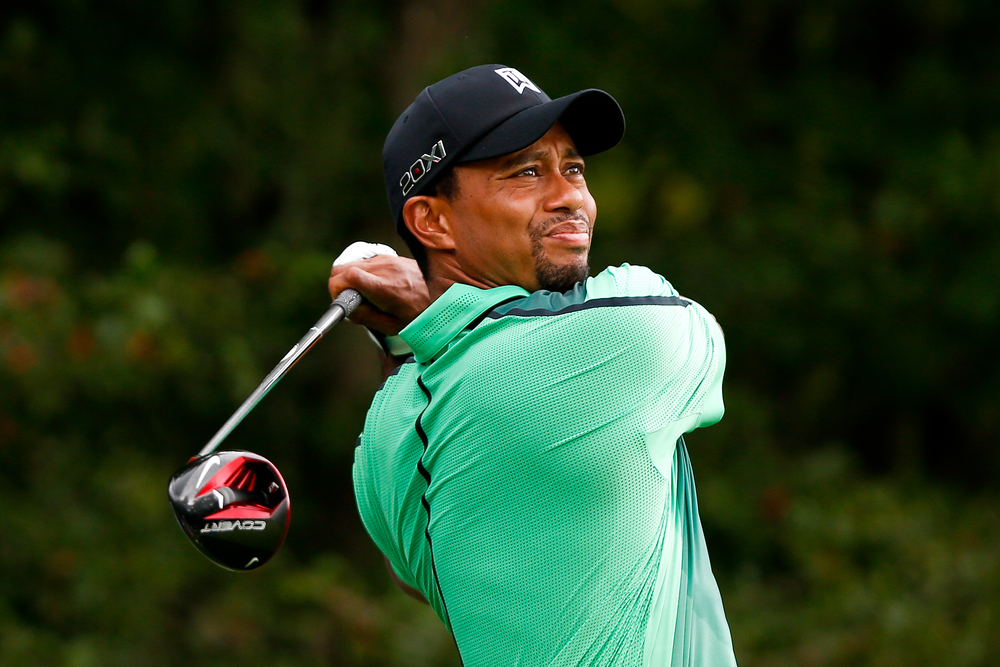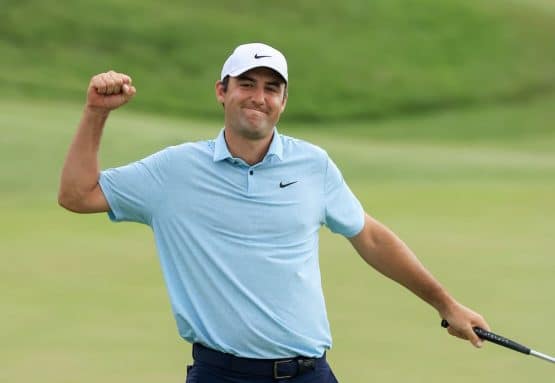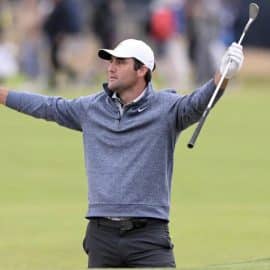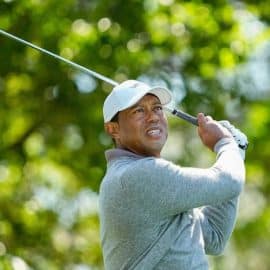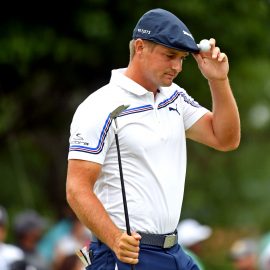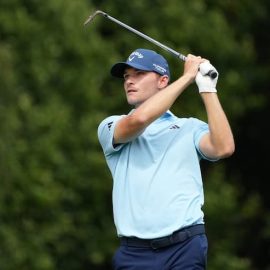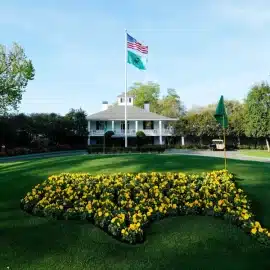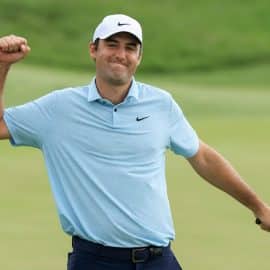The United States came away with a tight 16-14 win over the International Team at the 2019 Presidents Cup in Melbourne, Australia on Sunday. Here are five interesting statistics from the most intriguing team golf event of the year. It should come as no surprise that Tiger Woods played a major role in the American win.
5) The United States comeback on final day for first time ever–For the first time in the history of the Presidents Cup, a team came back to win the title when they were trailing heading into Sunday’s singles action. The International Team led the United States 10-8, but the Americans marched back by going 6-2-4 on the final day.
4) Tiger Woods wins as a captain and player–The presence of Tiger Woods of Cypress, CA was all over the Royal Melbourne Golf Club. He was a captain and a player, and in the process made golf history. He became only the second captain/player to win the Presidents Cup, following Hale Irwin of Joplin, MO, who accomplished the feat in 1994.
3) Tiger Woods becomes youngest captain to win Presidents Cup—Woods was not only the youngest captain to win the Presidents Cup, but at age 43, the youngest to captain a team at the Presidents Cup. It would not be surprising if Woods captains the United States at many more Presidents Cups and Ryder Cups.
2) Tiger Woods passes Phil Mickelson for most Presidents Cup matches won–When Woods beat Abraham Ancer of Mexico 3 & 2 in the singles session on Sunday, Woods made golfing history. He became the all-time leader in matches won at the Presidents Cup with 27. Woods passed Phil Mickelson’s record of 26.
1)Tiger Woods is the best singles player in Presidents Cup history–Even before Woods teed off against Ancer on Sunday in singles, he held the Presidents Cup record for most singles wins with six. That streak was extended to seven on Sunday. Other golfers Woods has beaten in Presidents Cup singles matches are Greg Norman of Australia, Vijay Singh of Fiji, Ernie Els of South Africa, Y.E. Yang of South Korea, Aaron Baddeley of Australia and Richard Sterne of South Africa.
Add The Sports Daily to your Google News Feed!
